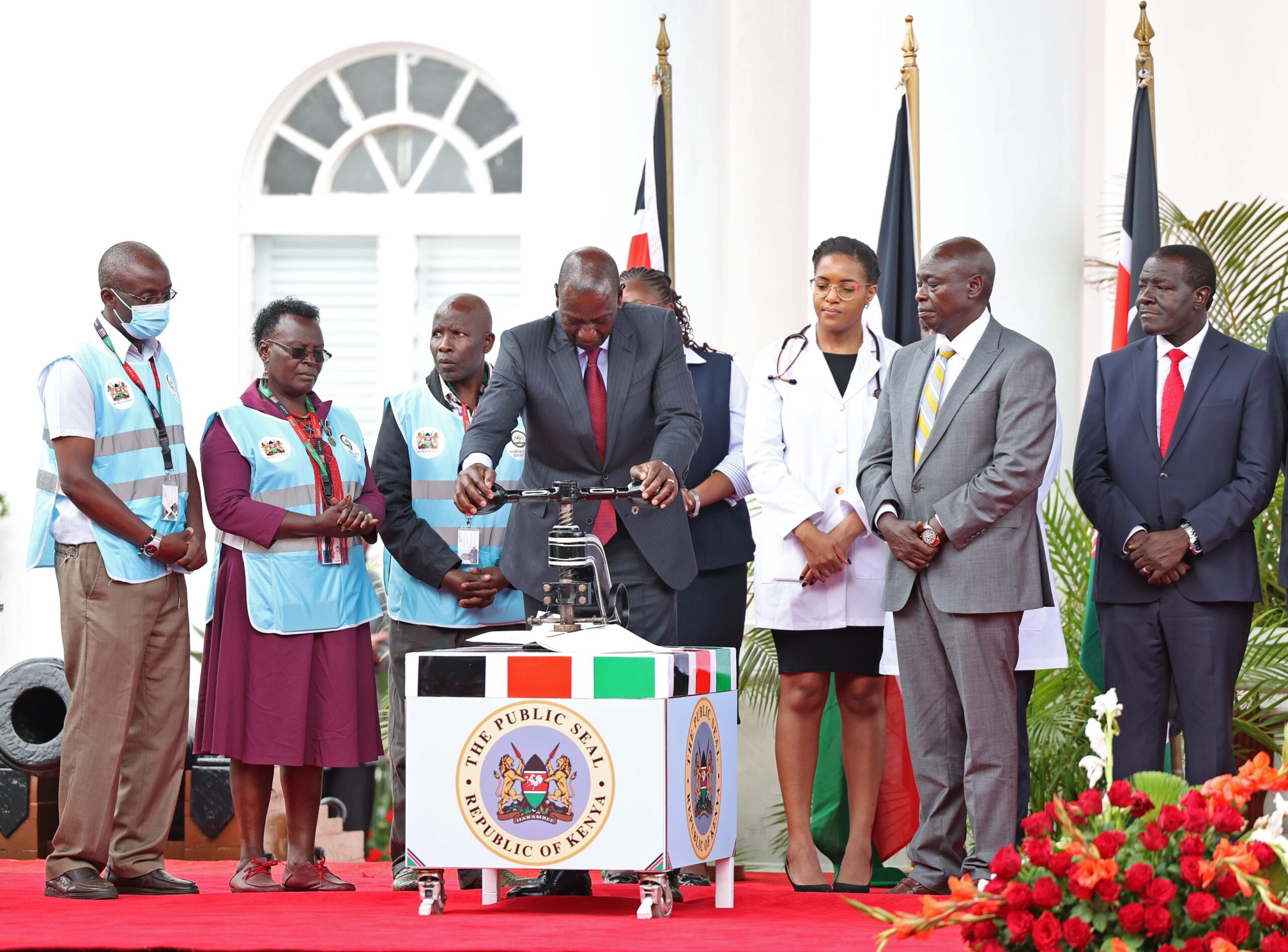
In a move that aligns with the recently domesticated WHO Guidelines on Self-Care Interventions for Health and Wellbeing, the Kenyan government has signed four bills into law to support its Universal Health Coverage plan. These bills address various aspects of healthcare and aim to promote digital health, strengthen preventive health services, restructure health insurance, and enhance public health facility funding.
Two of these bills, the Digital Health Act and the Primary Health Care Act, are of particular significance for the implementation of self-care interventions. Self-care interventions empower individuals to actively manage their own health and are in line with WHO recommendations. They complement traditional healthcare by promoting health, disease prevention, and the ability to cope with illness.
The National Guideline for Self-Care Interventions in Reproductive Health (2023) has been adopted, providing a framework for enhancing Universal Health Coverage in the country. This guideline covers various areas, including maternal and neonatal health, family planning, infertility, and reproductive health issues.
The implementation of these guidelines is supported by constitutional provisions, legislation, and policy frameworks that emphasize the right to health and access to reproductive health care. Self-care in reproductive health is seen as a means to empower individuals and communities to take charge of their health and well-being, thereby relieving pressure on healthcare systems.
To effectively institutionalize self-care in the national health system, various strategies have been recommended, including active stakeholder engagement, continuous learning, and the availability and affordability of sexual and reproductive health supplies. Collaboration between the public and private sectors is essential to operationalize the National Guideline for Self-Care Interventions in Reproductive Health.
The Ministry of Health is already taking steps to implement the guidelines, including the development of training manuals and the integration of self-care into existing healthcare services. Further progress in advancing self-care in Kenya will require a multi-sectorial collaboration to ensure its effective integration into the healthcare system






